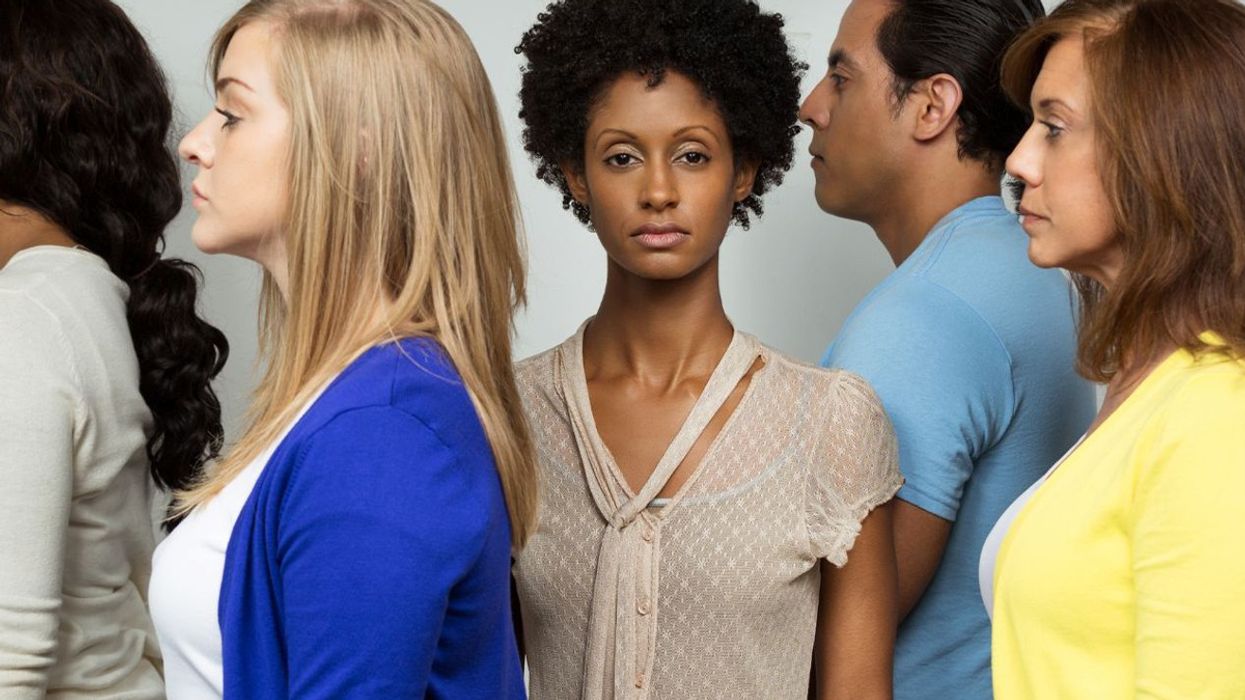Of all the things to ever be lobbed across borders of rival countries, volleyballs may be the most benign. Activists in Morocco and Algeria are hoping a friendly volleyball game across their countries’ mutual border, closed since 1994, will foster goodwill between the two nations. A Facebook event created for the historic match, scheduled for November 29th, has garnered more than 3,600 RSVPs from people all over the world. Loubna Karroum, one of the match’s organizers, said they were inspired by a similar event that took place over another famous, heavily militarized border in the United States.
“We read an article on a volleyball game between Americans and Mexicans on their border,” says Karroum. “And we thought, why not Morocco?”
The upcoming border match is only one of many volleyball diplomacy events that have been taking place all over Morocco between Moroccans and Algerians. Organizers of the volleyball match insist they’re not making a political statement. Karroum says the game is being put on “for fun.” But the match’s context is certainly politically charged. The border that divides Morocco and Algeria has been closed for more than two decades, after Morocco accused an Algerian terrorist group of culpability for a 1994 bombing in Marrakech. Since then, lands that abut the Morocco-Algeria border have been sites of contention for the two nations. In recent years, as conflicts in North Africa have escalated and hundreds of thousands from Libya, Mali, and the Western Sahara have been displaced, the borders of Morocco and Algeria have become increasingly militarized.
These tensions began long ago, when French colonialists first delineated the border, says Samia Errazzouki, a co-editor at the Arab Studies journal Jadaliyya, but were exacerbated after the borders were closed.
“Some of [the communities along the divide] are actually from the same families or same tribes that have been systematically been cut in half as a result of French colonialism splitting the borders,” says Errazzouki. “Businesses have suffered. All the businesses that relied on trade and commerce with Algeria have had to suffer because they no longer have their primary source of income. I’m sure it’s the same with the Algerian side as well.”
At the heart of the issue, says Errazzouki, is the Western Sahara conflict. The Sahrawi people who populate lands claimed by Morocco have fought for an independent state since the 1970s. The Polisario Front, an armed liberation movement in the Western Sahara, has been at the forefront of this cause, and they’ve received support from the Algerian government.
“After independence, Morocco and Algeria fought over territory and what they did was funnel their animosity towards each other via the Western Sahara conflict,” says Errazzouki.
In recent years, the border conflict has worsened as refugees from Syria, Libya, Mali and the Western Sahara have made their way from war-torn countries to seek safety in Morocco and Algeria. Both countries have accused each other of trying to offload Syrian refugees at the border, where they are at the mercy of edgy border police who often kill these asylum-seekers.
Although there have been few attempts to open the borders years after they were officially closed, recent events appear to have renewed efforts to create a safe passage between the states. The ongoing series of volleyball games is a symptom of these efforts, taking place all over the country between citizens of both nationalities. They reveal a growing consciousness among youth about the necessity of open borders.
“People are just fed up with the fact that we’re missing a great opportunity to engage with our neighbors, and not just in business,” says Errazzouki. “Who doesn’t want to be able to travel between Morocco and Algeria just by driving through the border? It’s something you can’t do now.“
The organizers of the volleyball games have been trying to obtain permits from both Moroccan and Algerian authorities in order to stage November’s border game legally and avoid the ire of police. The game was originally scheduled to take place at the end of October, but failure to receive those permits forced them to postpone. Karroum says they’re determined to make peace with their neighbors.
“There is a lot of brotherhood and sisterhood between Morocco and Algeria, and the volleyball game is meant to remind us of that,” says Karroum. “It’s a reminder of our friendship and of the fact that we are neighbors and have a shared history. There is a lot of love between us.”
















 Otis knew before they did.
Otis knew before they did.